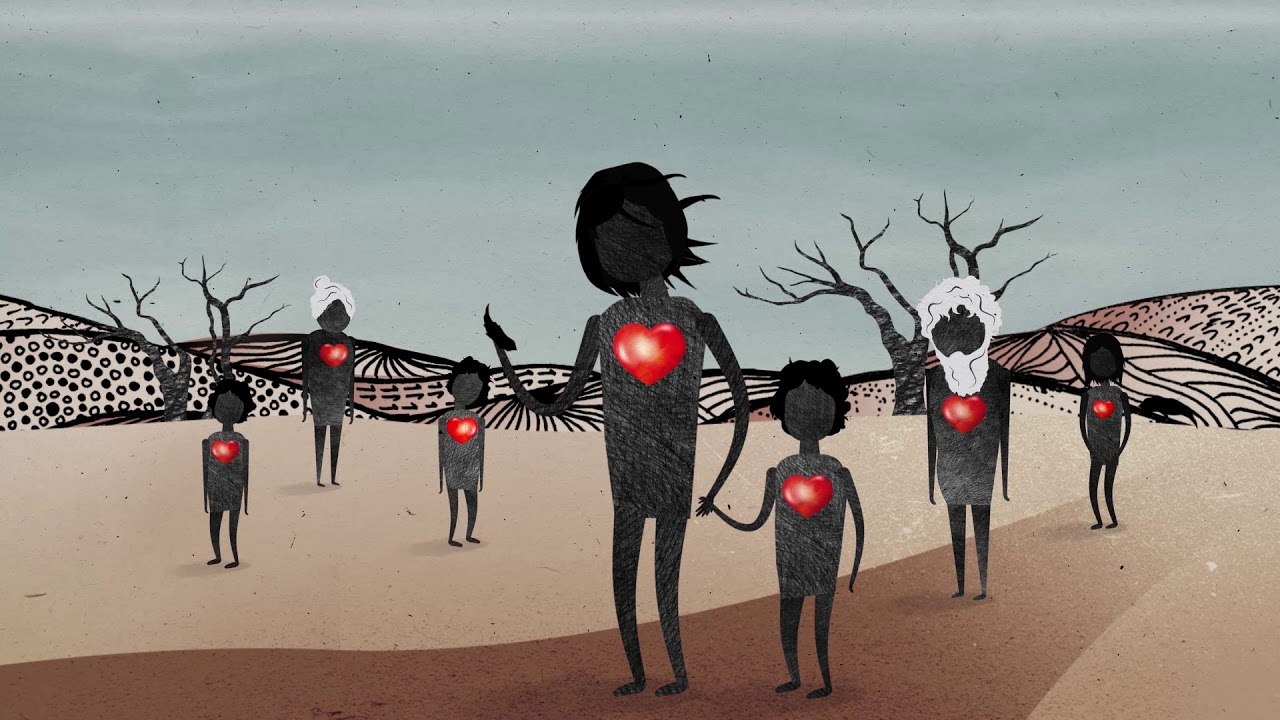Born & Bred: Unpacking the Impact of Generational Trauma
A recent 2019 article published by the American Psychological Association speaks specially about the long-term effects trauma can have on generations to come.
Writer Tori DeAngelis wrote about a doctoral student in the psychology at Carleton University in Ottawa named Brent Bezo who in the late 2000’s conducted a qualitative study of 15 families whom had lived through the Holodomor, the mass starvation of millions of Ukrainians from 1932 to 1933; those who experienced it, their children, and their grandchildren.
De Angelis writes,
“the work is part of an emerging line of research and clinical work in psychology and related disciplines that is exploring whether and how mass cultural and historical traumas affect future generations. Bezo’s observations are compatible with those of researchers who are exploring the intergenerational effects of the Holocaust, the Khmer Rouge killings in Cambodia, the Rwandan genocide, the displacement of American Indians and the enslavement of African-Americans. The transgenerational effects are not only psychological, but familial, social, cultural, neurobiological and possibly even genetic as well, the researchers say.”
Can trauma affect an entire generation and in what ways? These are the questions posited by these cultural and clinical psychologists alike. Generational trauma is fueled by perpetual moments of history that seem to be on one repetitious cycle, specifically within the last 20 years concerning ongoing racial tensions brought on by police brutality, ongoing gender pay gaps and sexual assault statistics continuing on the rise, and ongoing distrust and mistrust in policymakers and governing bodies at the local, state, and federal level.
Consider the relationship between psychology and policy. Consider the role of experiences of everyday people not only impact their own individual well-being but the well-being of the larger population to come.
This isn’t just about history repeating itself. This is about a deeper look into the effects of trauma in new and sometimes unfathomable ways. Declining marriage and birth rates in the wake of Black and Brown children losing their lives at pivotal ages. Female mortality rate in Black and Brown communities seeing more and more women of color dying due to mistreatment or complications of childbirth. Moreover, the psychological warfare brought on by these experiences: not feeling safe enough to have a child, afraid to carry a child to full term and live to see the child be born and grow up, being able to go to a school where children can feel and be safe.
The ongoing discussion of gun control as a result of the massacre that occurred in Uvalde and the political fallout that has ensued. Forget the ongoing debates happening between elected officials whom can sleep peacefully at night cuddled and coddled by their privilege. Consider these families; these children and the future children of these families impacted by this massacre. How will this affect not only their mental state but also their ability to make adult decisions or event teach their future children how to be these decisions? This may seem like this isn’t anything new or anything related to an emergency but if there is anything learned from recent years and recent decades, it is that underestimating the impact of unresolved trauma can breed detrimental and perpetual outcomes.









